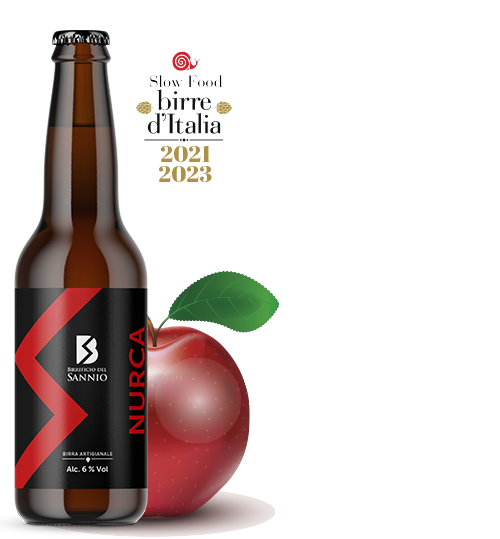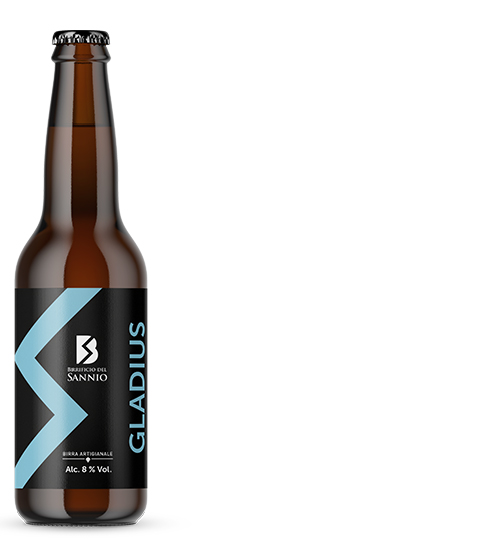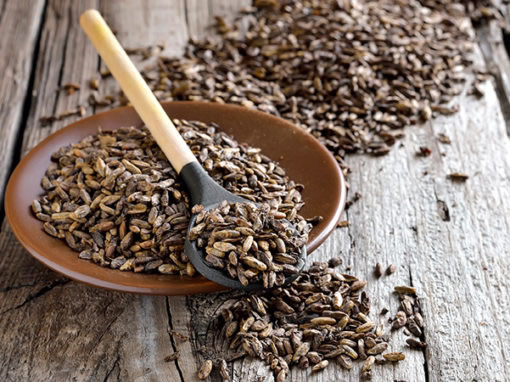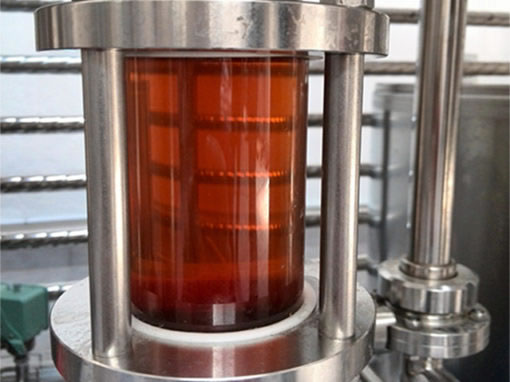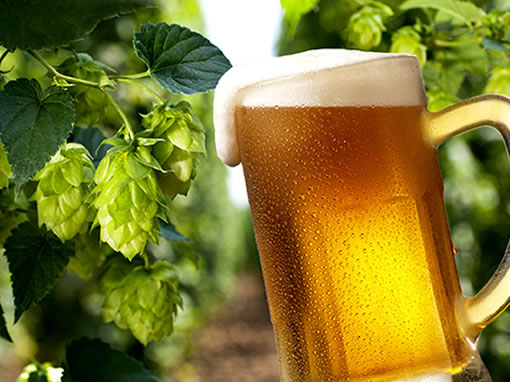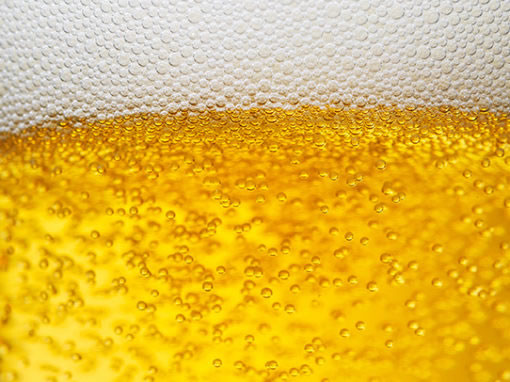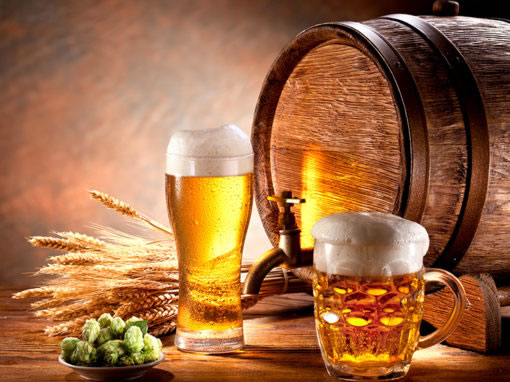
The Sannio Brewery was born in Samnite land, a territory rich in history and traditions.
Our Craft Beers
Beer Recipe
Malt
Hop
Yeast
Water
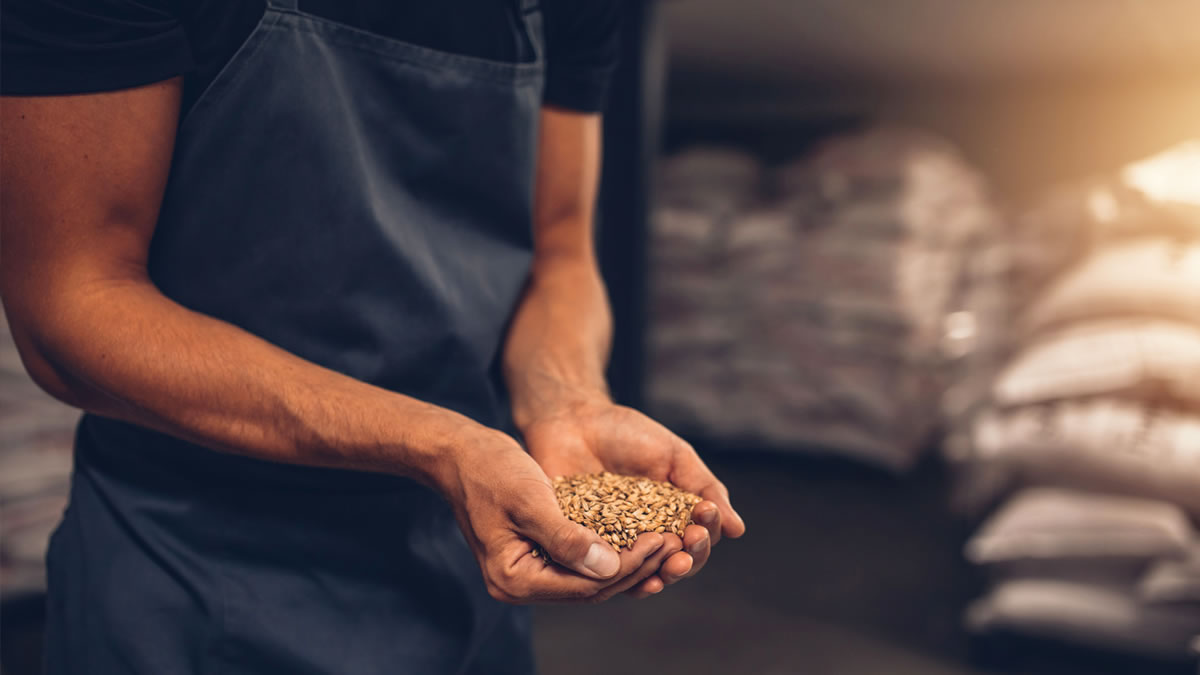
A taste that is a family history...
Discover the production process
Come and visit us

Land rich in history and traditions...
The grinding phase, even if it seems trivial, is actually quite critical because an inappropriate grinding can cause various problems to the final product such as: unwanted aromas and tastes, problems of converting the right amount of starches into sugars and therefore into alcohol.
Read moreUsually this phase is carried out with the help of a double bottom which, supporting the threshers, allows the sweet must to be filtered until it is free of impurities. For a more effective action, the first must is placed to the filter vat to undergo further filtration. After extracting the first must, a considerable quantity of sugars remains trapped in the threshers. To recover them and thus increase the efficiency of the brewing system, brewers usually rinse the threshers with hot water two or three times, recovering new wort through further filtration phases.
Read moreThe boiling of the must, following filtration, is usually carried out for 60-90 minutes. From an organoleptic point of view, hops perform both a bittering function, given by the component of alpha acids, and aromatic, given by beta acids and essential oils. The essential oils, responsible for the aromatic contribution, instead undergo rapid degradation and evaporation during boiling and the brewer tends to add the flavoring hops at the end of this phase, but also in the transfer phase of the hot or cold must during fermentation or even in bottle or tapped.
Read moreAt the end of boiling, the must contains various 'impurities' due to hop residues and coagulated proteins; the most common procedure for their elimination is the 'whirlpool' system, which is a method of circular handling of the must that favors the decantation of the solid parts in a single central area of the vat where the must is temporarily placed. The must after boiling, however, is poor in oxygen, which is essential for proper fermentation. The must is now ready for the addition of yeast and the fermentation phase.
Read moreAt the end of boiling, the must contains various 'impurities' due to hop residues and coagulated proteins; the most common procedure for their elimination is the 'whirlpool' system, which is a method of circular handling of the must that favors the decantation of the solid parts in a single central area of the vat where the must is temporarily placed. The must after boiling, however, is poor in oxygen, which is essential for proper fermentation. The must is now ready for the addition of yeast and the fermentation phase.
Read moreUltime news e menzioni
- “Linea Verde Life” alla Scoperta del “Birrificio del Sannio”: Tradizione e Innovazione nel Cuore del Monte Taburno”
- Il Birrificio del Sannio a Frasso Telesino sul blog di Luciano Pignataro
- A new Image, a new identity!
- Awarded 'slow beer' on Guide to the beers of Italy 2021
- Birre d’Italia 2019, Sannio at the top

